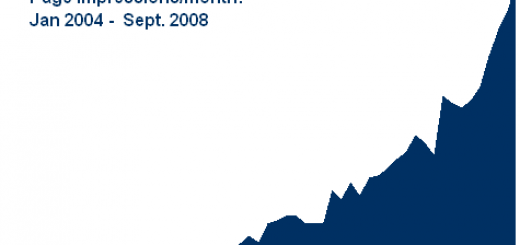Is neobanking the future?
A new alternative that could revolutionize the banking sector

What is a Neobank?
I remember one of the first things I had to do when I arrived in Holland as an expat was set up a bank account. It was a tedious process which required me to go to two different offices in the city. I had to visit one to open the account and then another just to receive my password for the online app. All in all, the process took two weeks as I had to wait for my password to get to this second branch. However, with Neobanks, all your banking is done online via your mobile phone, meaning they could save expats a lot of time when moving abroad.
By definition, a Neobank is a fairly new type of financial institution, without physical facilities, solely run on state of the art, mobile technology. No branches means no employees on their payroll. Clients just register online and are sent their debit/credit card immediately afterward and in many cases, withdrawals from ATMs are usually commission free.
How does it work?
This begs the question, how do they make any money? Well, Neobanks mainly generate their profits by lending money out to their clients as well as via their money coming in (as with any traditional bank). The main difference between Neobanks and traditional ones is Neobanks customer fees tend to be lower as they save on the costs associated with physical branches and employees.
How do Neobanks serve customers? The answer is via digital services with far faster processing speeds than traditional banks. Neobanks let clients take charge of their finances and decide what to do with their money at any given time online.
However, although these features may seem convenient, Neobanks appear to have had a hard time attracting customers. At the moment, they mainly target millenials and frequent travellers. As the everyday importance of smartphones and the internet increases, Neobanks are expected to overcome this issue. This, together with with considerable capital investments, allow them to strive for an ever increasing share of the financial sector.
Is it safe?
As with anything new and upcoming or internet-based, everyone, at least momentarily, questions its safety. Nonetheless, Neobanks are regulated by the same laws as their traditional counterparts, ruling out any possibility of them committing illegal acts with your money. For instance, in Australia, if a client’s money goes missing, the government can provide them with up to $250,000 in compensation. Furthermore, Neobanks have to obtain an ADI (Authorised Deposit-Taking Institution licence) from the Australian authorities before getting up and running.

Weighing of pros and cons
Neobanks hold certain advantages over traditional banks. As explained above, one of the significant perks of Neobanking is its financial benefits. Moreover, users can carry out any and all actions normally requiring them to go into a standard branch, remotely on their mobile phones, saving them a great deal of both time and energy. Likewise, due to operating digitally, Neobanks can allocate loans much more quickly. By and large, they also operate on a system of complete transparency – in other words, Neobanks tend not to carry penalty fees or hidden charges as they don’t want clients to incur debts they can’t repay. All in all, their greatest advantage seems to be they provide services specifically catering to their clients’ needs meaning customer experience and satisfaction are Neobanks’ primary goal.
This is not to say Neobanking is without its downfalls. Some people prefer to deal directly with real human beings when managing large amounts of money; a service Neobanks do not and can not offer. Issues can also arise from the gap in experience between these two types of banks. Finally, certain services offered by traditional banks, such as fixed-term deposits and mortgages, may not be provided by Neobanks.
So, if you are planning to move abroad for an extended period of time in which you may invest in property or carry out complex banking transactions, it probably makes more sense for you to to open a standard account as traditional banks can help you through these processes. However, if you’re looking to access an account or save time and money when moving between countries, Neobanking is a good option.




